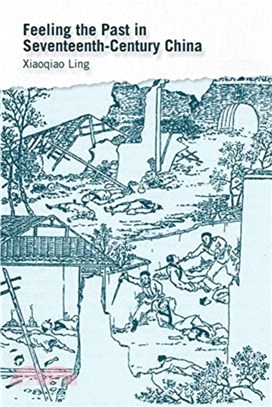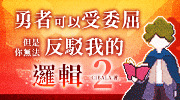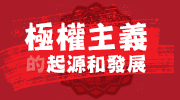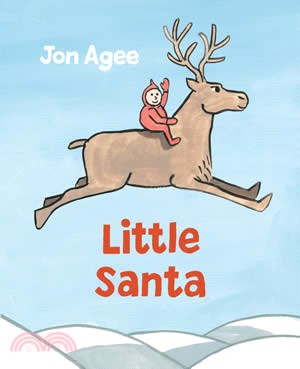Feeling the Past in Seventeenth-century China
商品資訊
系列名:Harvard-Yenching Institute Monograph Series
ISBN13:9780674241114
出版社:Harvard Univ Council on East Asian
作者:Xiaoqiao Ling
出版日:2019/10/25
裝訂/頁數:精裝/320頁
規格:23.5cm*15.9cm*2.5cm (高/寬/厚)
定價
:NT$ 2280 元優惠價
:90 折 2052 元
無庫存,下單後進貨(到貨天數約30-45天)
下單可得紅利積點:61 點
商品簡介
相關商品
商品簡介
During the Manchu conquest of China (1640s-1680s), the Qing government mandated that male subjects shave their hair following the Manchu style. It was a directive that brought the physical body front and center as the locus of authority and control. Feeling the Past in Seventeenth-Century China highlights the central role played by the body in writers' memories of lived experiences during the Ming-Qing cataclysm.
For traditional Chinese men of letters, the body was an anchor of sensory perceptions and emotions. Sight, sound, taste, and touch configured ordinary experiences next to traumatic events, unveiling how writers participated in an actual and imagined community of like-minded literary men. In literature from this period, the body symbolizes the process by which individual memories transform into historical knowledge that can be transmitted across generations.
The ailing body interprets the Manchu presence as an epidemic to which Chinese civilization is not immune. The bleeding body, cast as an aesthetic figure, helps succeeding generations internalize knowledge inherited from survivors of dynastic conquest as a way of locating themselves in collective remembrance. This embodied experience of the past reveals literature's mission of remembrance as, first and foremost, a moral endeavor in which literary men serve as architects of cultural continuity.
For traditional Chinese men of letters, the body was an anchor of sensory perceptions and emotions. Sight, sound, taste, and touch configured ordinary experiences next to traumatic events, unveiling how writers participated in an actual and imagined community of like-minded literary men. In literature from this period, the body symbolizes the process by which individual memories transform into historical knowledge that can be transmitted across generations.
The ailing body interprets the Manchu presence as an epidemic to which Chinese civilization is not immune. The bleeding body, cast as an aesthetic figure, helps succeeding generations internalize knowledge inherited from survivors of dynastic conquest as a way of locating themselves in collective remembrance. This embodied experience of the past reveals literature's mission of remembrance as, first and foremost, a moral endeavor in which literary men serve as architects of cultural continuity.
主題書展
更多
主題書展
更多書展今日66折
您曾經瀏覽過的商品
購物須知
外文書商品之書封,為出版社提供之樣本。實際出貨商品,以出版社所提供之現有版本為主。部份書籍,因出版社供應狀況特殊,匯率將依實際狀況做調整。
無庫存之商品,在您完成訂單程序之後,將以空運的方式為你下單調貨。為了縮短等待的時間,建議您將外文書與其他商品分開下單,以獲得最快的取貨速度,平均調貨時間為1~2個月。
為了保護您的權益,「三民網路書店」提供會員七日商品鑑賞期(收到商品為起始日)。
若要辦理退貨,請在商品鑑賞期內寄回,且商品必須是全新狀態與完整包裝(商品、附件、發票、隨貨贈品等)否則恕不接受退貨。
























